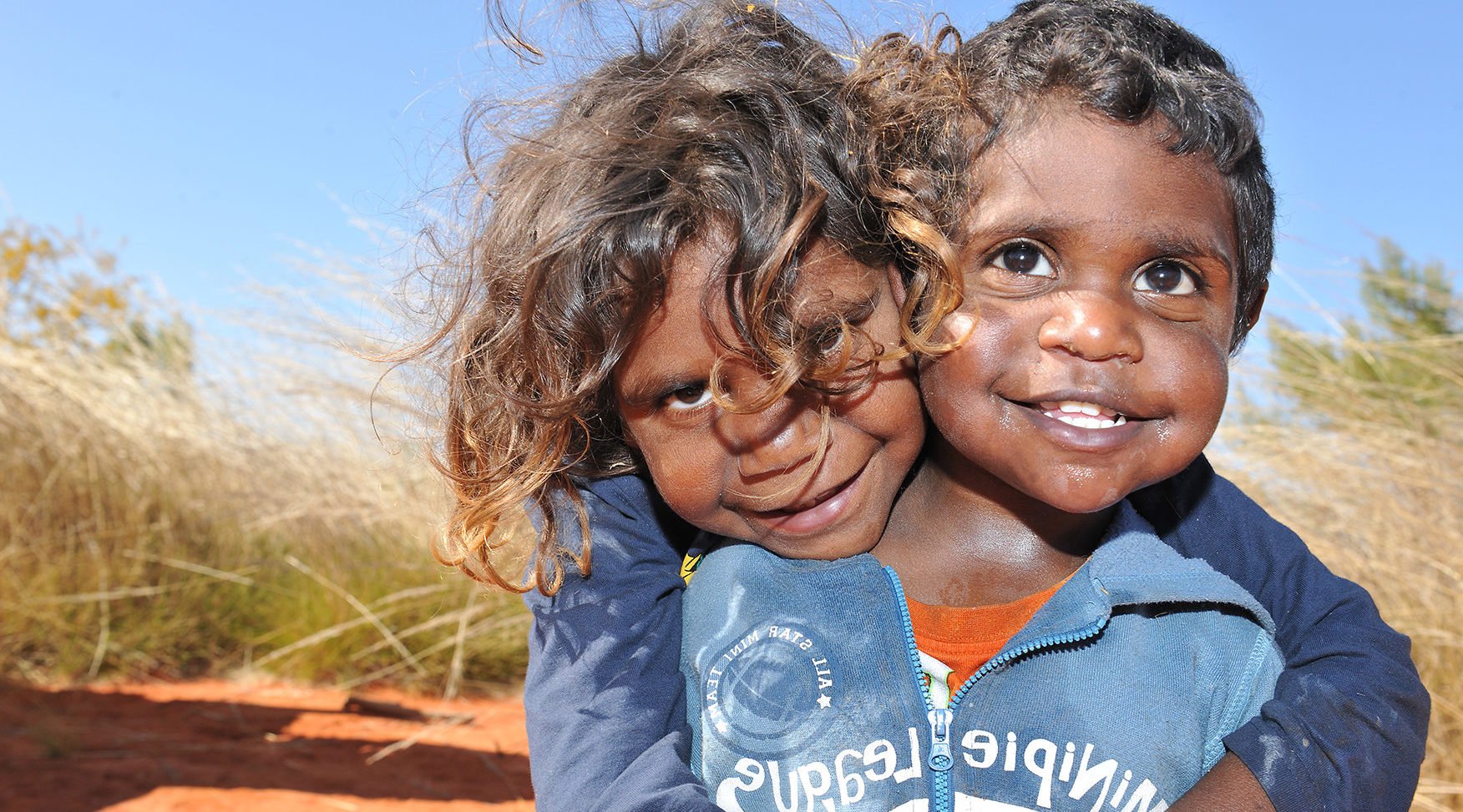Prime Minister Turnbull must learn from the systemic failings in children’s prisons, outlined in today’s Northern Territory Royal Commission interim report, and commit to reforming broken justice systems across Australia, said Amnesty International.
“The Commissioners found that children are being failed by a detention system that focuses on punishment rather than healing and rehabilitation, leaving many children more damaged than when they entered. This finding could be applied to just about every state and territory in Australia,” said Julian Cleary, Indigenous Rights Campaigner at Amnesty International Australia.
An example of testimony in this week’s hearings was about a girl in Don Dale Detention Centre who attempted suicide six times in five days. The girl was in an isolation cell at the time of each attempt, and returned there following three trips to emergency, despite isolation being a known contributing factor to suicide rates, because there was no other procedure for caring for at-risk children.
A national solution is needed
“This report paints a stark picture, but it is not unique to the NT; Victoria is currently going down this same dark path of punishment and demonisation, and we’ve recently heard of alleged abuse or self-harm in every state and territory in the country.
“This is a national problem, and it needs a national solution. PM Turnbull must learn from past mistakes, accept Federal responsibility and commit to a national action plan on youth justice,” said Julian Cleary.
“Today’s interim report makes for concerning reading – but it also offers some solutions. The answer is to support the health and development needs of children and their families from an early age. Governments must also invest in diversionary and non-custodial options that will help children to rehabilitate and thrive, not lock them up in archaic prisons once they reach crisis point.”
Respect and dignity
Amnesty International echoes the report’s conclusion that children ‘deserve to be treated with respect and dignity, with every child in out-of-home care or in detention given a real opportunity to reach their full potential.’
The report was tabled as new statistics from the Australian Institute of Health and Welfare show the overrepresentation of Indigenous children in detention nationally has gone up since last year. Indigenous children now are 25 times more likely to be in youth detention than non-Indigenous children.
The interim report stated: ‘Clearly any solutions and a way forward must be the result of genuine engagement with, and empowerment of, Aboriginal people.’
Ball is now in Turnbull’s court
Julian Cleary added, “Aboriginal and Torres Strait Islander leaders already have many of the answers to help their children and communities. The ball is in PM Turnbull’s court – he needs to throw support behind Indigenous-led solutions to keep children out of detention and in their communities”.
In a positive move, the Federal Government committed earlier this year to ratifying the UN Optional Protocol on the Convention Against Torture in December, which will allow for independent inspections of all places of detention once it is implemented.
But, while OPCAT ratification will help to ensure abuses in detention never happen again, Amnesty International maintains that most children in detention should not be entering the youth justice system in the first place.
